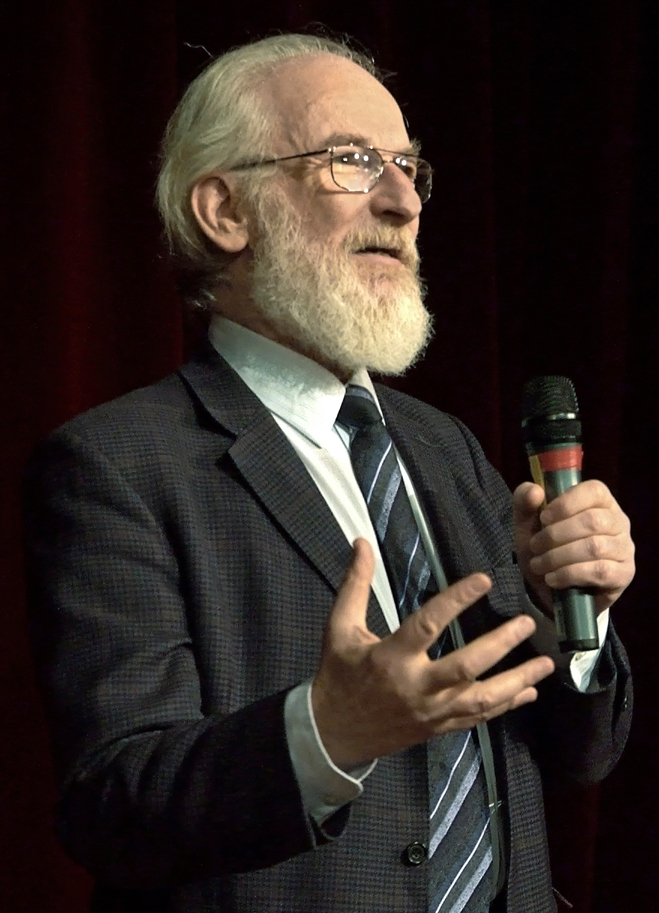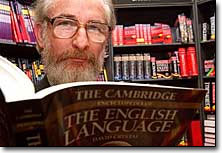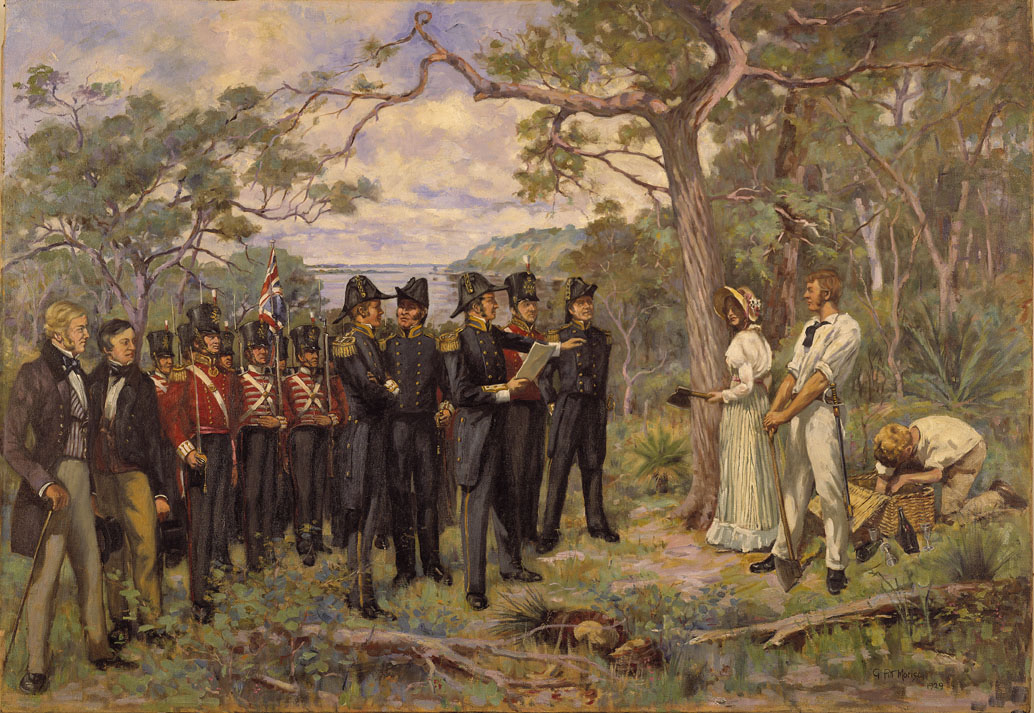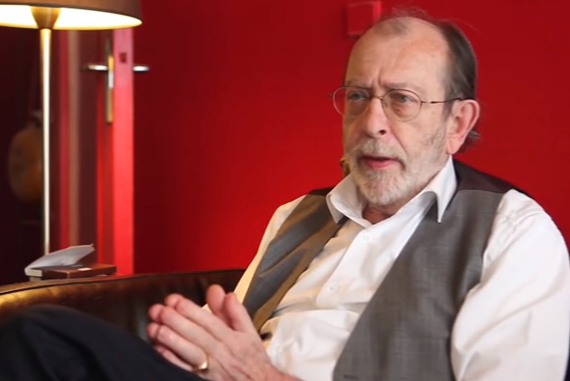
David Crystal, British Linguist
Linguists like David Crystal are now claiming that the Internet, that new, impersonal force of the 21st Century, is able to change the language over twenty to fifty years. No doubt it can, and probably already has, among users born after 1996, who came to this world suckling on its electronic teat, who were not really born, but “downloaded”! But for the vast majority of English speakers, these changes to spelling and grammar, these degradations, will have as much success as all the other previous attempts at spelling reform in history- ranging from Noah Webster to George Bernard Shaw: little or none.
There are young people today who write everything as if it were a text message, and writing for example, “R U cumming 2day? F so, C U L8r” (Are you coming today? If so, see you later) is considered normal for them. But this is by no means acceptable in any educational institution in the country. Perhaps one day, it will, unfortunately, but it will still not be acceptable English; only the standards of the educators will have been lowered considerably. It is the same as rejecting the great texts of the Renaissance and the best English literature, and teaching pupils to treat cereal boxes and train timetables as “texts”. Or even rejecting the great works of Michelangelo, Leonardo Da Vinci and Rembrandt, and treating bowls of human faeces as art. Are they really texts? Is that really art, or have the standards of human aesthetic judgement been lowered to gutter level?
David Crystal cites the change in the spelling of “rhubarb” as an example of the Internet changing spelling, and hopes by the same token that “necessary” will one day be spelled with an “s” instead of the “c”, or that “receipt” will lose its silent ‘p”. That is like seeing the sea water on the beach wash away a blue bottle and then hoping that it will wash away all the umbrellas and towels as well. “Rhubarb” is a relatively rare and unimportant word, whose misspelling will hardly affect most readers, whereas “necessary’ is a much more common word, and misspelling it will simply display the ignorance of the young misguided writer, and will hardly prompt all the speakers of the language to follow suit. Does David Crystal hope that in fifty years’ time all the older, conservative writers will be dead and leave the younger users alone to write as they please?

“Chaucer Ellesmere”. From more dignified times, when language was rooted in tradition, rich and careful.
The Internet is a great tool for knowledge and research in every field, and 90% of the English material is correctly spelt, at least in my experience. I suppose that descriptive linguists like David Crystal, who just enjoy seeing language “evolve” when left to its own devices, think that everything on the Internet is as badly spelt as the inane comments on chat sites and social media, written by illiterate youngsters who have snubbed their nose at the wisdom of their ancestors. I am a very habitual user of the Internet myself, and I only come across grossly incorrect spelling when I read comments by amateur users, which also happen to be full of expletives and “gangster rap” cant. Should we call that language evolution as well? If so, it is hardly an “evolution” for the better.
According to David Crystal and the descriptive linguists, spelling change directed by the Internet is something to be celebrated and wished for, so that “annoying” spellings and silent letters will one day be eliminated. What if young people using the Internet decided that the multiplication tables were restrictive and old-fashioned, and started to make 3x 3 = 33, because it is more “logical” and easier to remember? Do we have to accept this “mathematical evolution” because the Internet is changing the world as we know it? Or how about those confusing chemical symbols? Instead of Fe, Cu, Ag and W, why not rename the elements iron, copper, silver and tungsten with more logical abbreviations like “Ir, Co, Si and Tu”? English speaking scientists will bow down and thank the young people of this generation who use the Internet to make everything easier.
As you can see, these liberal linguists wish to see the language degenerate and become over-simplified because it annoys them, but lament the preserving factors like phonics, which have been proven to work effectively to help children learn spelling and grammar and then use them to communicate their new ideas. I know, because I was raised and educated on phonics, and I use them all the time in my own teaching.
– Emile Joseph
The author teaches the English language to adult migrants and is passionate about all things linguistic. He is also a serious conservative at heart, who treasures the beauty, the poetry and the gallantry of yesteryear. He is happily married with two young children in Sydney. This article was originally drafted on 3 June 2013 and is published here for the fist time.






Reblogged this on Manticore Press.